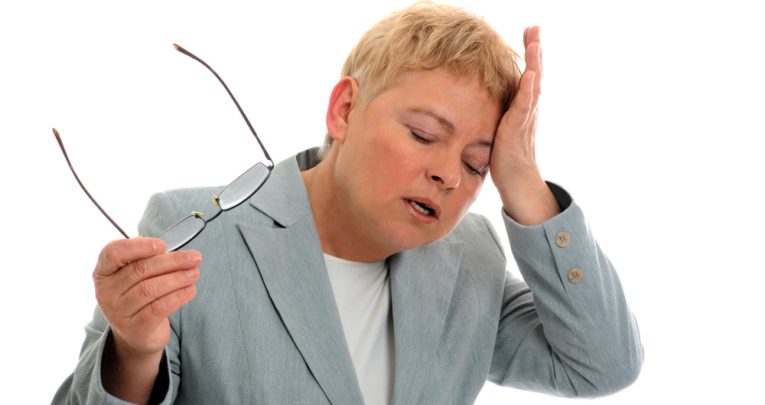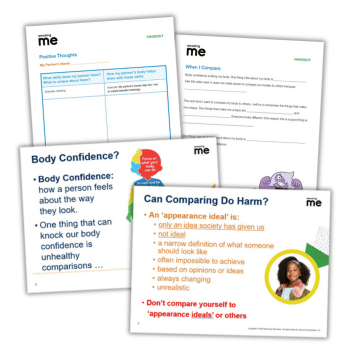Teachers Are Used To Putting Others’ Wellbeing First – But You And The Children Can Lose Out As A Consequence

How can you expect to care for a class of students if you're sacrificing your mental state for theirs?

- by Debra Kidd
- Educator, author and speaker with over 30 years in teaching Visit website

We’re (rightly) hearing a lot about the mental health of young people these days and there’s no doubt that it needs to be taken very seriously. The creation of the first national School Mental Health Unit, based at Leeds Beckett University, is a positive step forward.
But we hear less about the mental health of the adults with a duty of care for young people and how the two are interrelated. We can’t seriously expect adults with mental health and stress related illnesses of their own, to be in a position to support young people with theirs.
When people live with persistent stress, they have high levels of cortisol in their brains, which has a significant impact on both physical and cognitive health. It impacts on memory and retention, and in males in particular, it can lead to reduced empathy.
All of this is true for pupils too – so imagine how much harder it is to deal with these issues for young people, when you, yourself are struggling with the same difficulties. A foggy mind from lack of sleep and high stress levels, agitation and anxiety, loss of perspective, depleted verbal declarative memory function… it’s a recipe for more stress.
So what can you do?
One of the first steps is to recognise that you are suffering from stress in the first place. One common coping strategy is to ‘knuckle down’ – to convince yourself that you just need to get through the week/half term/term and that then things will get better. This simply extends the period of stress, leading us to do more than is necessary in order to feel like we’re in control.
And as we do more, we set an expectation to others that they should, too. We channel our stress into energy, which to others looks like efficiency, but is in fact a diversion.
And if we have depleted empathy levels, we often pass on our stress in the form of high and unrealistic expectations of others – we create a cycle and culture of stress. Is this happening in your school? Phrases like “We have to do this for the children”, “I know it’s hard, but it just needs doing” – these are signs of stress becoming martyrdom.
Instead, we need to welcome and appreciate those who clock off. Who refuse to answer emails after 6pm. Those who, when they are ill, take a day off, rather than coming in coughing and spluttering over others while sighing that there’s “just too much to do.” That kind of culture acts as a petri dish for stress.
Learn to say ‘no’
There is no doubt that workload is a huge issue for teachers. But we also need to get smarter about how we work and deal with what we do. A simple rule of thumb is to not prioritise anything that doesn’t have an outcome worth the effort. It’s simple but not easy. If someone asks you to take on a task and you don’t feel you have time, simply say “What would you like me to drop in order to make the time to complete this?” – leave that decision to them, but make it clear that you can’t take on more.
Most of all, thought, look after yourselves first – whether you’re a teacher, a leader or support worker. If you are well, you’re in a position to help others who aren’t. You’ll be a better teacher, partner, parent and friend. It’s counterintuitive for many teachers to prioritise their needs over others’, but when it comes to stress, the two are inseparable.
Stress in the profession – how bad is it?
- 1 in 10 teachers have been prescribed anti-depressants due to work-related stress
- 8 in 10 teachers report mental health problems due to work related stress.
- 86% of teachers report sleep problems relating to work related stress.
- 22% of teachers increase their intake of alcohol in order to cope with stress
Debra Kidd is a teacher, teacher trainer and author. Follow her on Twitter at @debrakidd.










